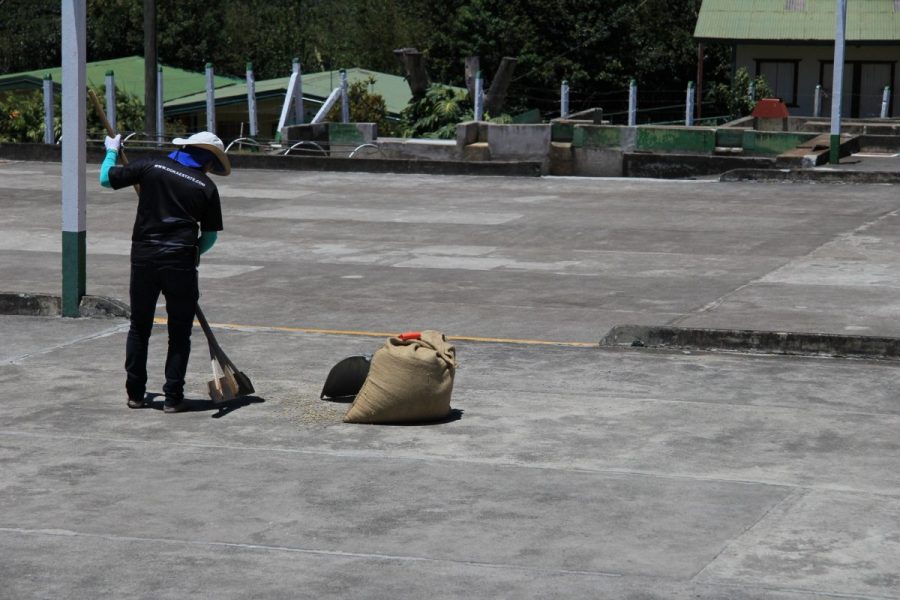With the support of EUROsociAL+, the Ministry of Labour and the National Learning Institute of Costa Rica organised the webinar “Employment services and their importance in the labour market: National Employment System of Costa Rica” aiming to develop and implement a National Employment System (SNE).

Photo: The National Employment System will include employment and vocational training services.
The meeting was attended by the Minister of Labour, Geannina Dinarte, the Executive President of INA, Andrés Romero, the representative of the European Union Delegation in the country, Alberto Menghini, the IDB and ILO specialists David Rosas and Álvaro Ramírez and the coordinator of the Social Policies Area of the EUROsociAL+ Programme, Francesco Chiodi.
The event is part of the Costa Rican government’s effort to design, develop and implement a National Employment System (SNE) that has the enormous advantage of hosting employment and professional training services within the same entity. The close link that the new National Employment Agency has with training greatly enhances its service capacity, giving it the ability to address some of the recent challenges common to governments in Latin America and Europe: the creation of more quality jobs, increasing the employment rate for young people and women, supporting transitions in labour markets that are undergoing great transformation, also as a result of the pandemic.
This work, which over the last two years has been carried out jointly between sectors with constant technical support from EUROsociAL+, has made it possible to move forward with (i) the drafting of an Executive Decree which creates the National Employment System, (ii) the drafting of the Management Model, (iii) the development and operation of a computer platform (ane.cr), which enables the registration of companies and people and assistance with employment, and (iv) the establishment of the National Employment Agency within the structure of the National Institute of Learning and under the leadership of the Ministry of Labour and Social Security.
In this context, the purpose of the webinar was to position the importance and role played by employment services in the world and in Costa Rica before various political actors and decision makers in a positive way. It enabled speaking and listening exchanges among many of the actors in the new system, promoting reflection on the impact of employment services on the labour market and the economy and aiming to increase and guarantee the legitimacy necessary for the system to operate correctly and efficiently. At the same time, it offered the opportunity to contrast the Costa Rican system’s guidelines with the experience of two European systems which are among the world’s most important: the German and French ones, from which the participation of two notable representatives was mobilised by EUROsociAL+.



